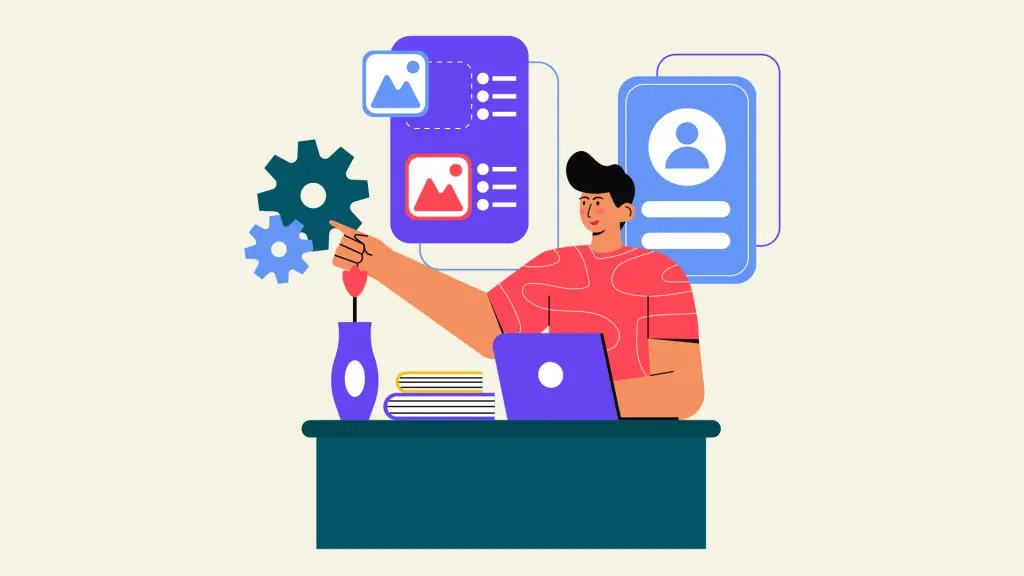Bridging the Gap Between Data and Decisions
Data science often attracts people because of its technical challenges—coding models, cleaning datasets, running algorithms. While these skills are essential, there’s another element that often separates good data scientists from great ones: a deep understanding of the business context. Without it, even the most sophisticated models can fail to deliver value.
When you enroll in a data science course, you’ll likely focus on the technical fundamentals: Python, SQL, statistics, machine learning. These are your core tools. But once you enter the workplace, you quickly realize that your models are only as impactful as the decisions they influence. Business understanding allows you to frame the right questions, select meaningful metrics, and interpret results in ways that resonate with decision-makers.
Many new data scientists make the mistake of focusing entirely on technical perfection, spending weeks optimizing an algorithm without asking whether the business problem really requires that level of complexity. An accurate model that answers the wrong question is still useless.
The Role of Domain Knowledge
Domain knowledge gives you context. If you work in healthcare, you’ll need to understand medical terminology, regulatory constraints, and patient privacy rules. In finance, you must be aware of compliance issues and risk assessment principles. This knowledge shapes how you approach problem-solving and ensures your solutions are practical, ethical, and relevant.
Communication is another critical aspect. Stakeholders may not understand the technical details of your work, so you must translate complex outputs into actionable insights. This requires storytelling, visualization skills, and the ability to connect data-driven findings with the company’s goals.
Working closely with non-technical teams is one of the best ways to improve your business understanding. Sit in on strategy meetings, ask questions, and learn the language of the domain. Over time, you’ll start seeing patterns that guide better analytical choices.
Mentorship can also help bridge the gap. Pairing with a business analyst or senior data scientist familiar with the industry can accelerate your learning curve, helping you avoid common pitfalls and see beyond the code.
Ultimately, data science isn’t just about crunching numbers—it’s about influencing real-world outcomes. The most impactful professionals are those who can blend technical skills with a deep sense of business awareness.
If you’re looking to strengthen this balance, a data science online course that integrates case studies from various industries can provide a solid foundation. By pairing hard skills with contextual knowledge, you position yourself as a professional who not only understands how to build models but also knows why they matter.



